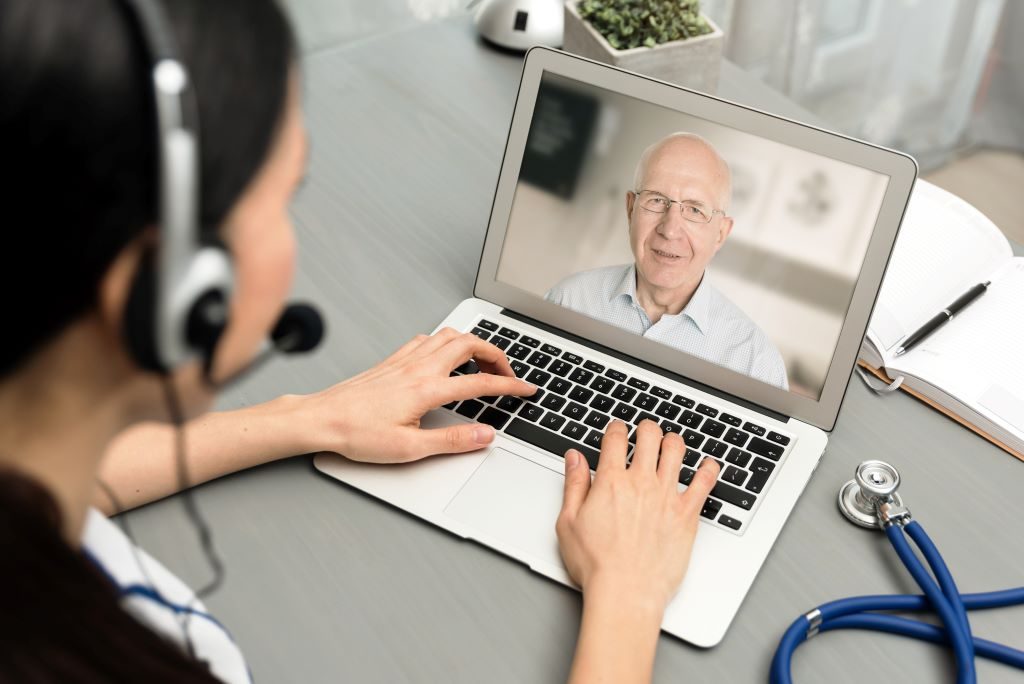
UBCO researcher launches virtual health coaching project for seniors
Finding the time to exercise and achieve a healthy lifestyle can be challenging under normal circumstances. Add in physical distancing measures and heightened stress levels during a pandemic, and the challenge can seem more like an impossibility.
With the rapid demand for innovative healthcare solutions, UBC Okanagan assistant professor Dr. Brodie Sakakabira has launched a new virtual health coaching project with the assistance of student volunteers from UBC’s distributed MD Undergraduate Program.
“Social isolation, especially for seniors, can lead to an elevated risk of heart disease, stroke and poor mental health,” says Sakakibara, an investigator with the Centre for Chronic Disease Prevention and Management based at UBC Okanagan. “People need help managing their own health and maintaining a lifestyle that reduces the risk of developing chronic diseases.”
Recent figures from Statistics Canada show 60 per cent of Canadians, 65 years and older, are ‘very’ concerned about their healthdue to social and economic consequences of COVID-19 while 80 per cent feel ‘very’ anxious about overloading the healthcare system.
Sakakibara notes that while the speed of specialized health resources has risen dramatically, they will only work if people feel comfortable enough to access the healthcare system and seek proper care. Additionally, only a few new resources focus on health promotion or disease prevention and management.
Launching early this fall, the new virtual health coaching project pairs seniors with a student health coach to undergo an in-depth assessment of chronic disease risks factors and formulate a personalized healthy lifestyle plan. Participants connect with the students by phone or videoconference for six coaching sessions and receive ongoing advice and support.
Cam Clayton, a third-year medical student with the Vancouver-Fraser Medical Program, is leading the training for the project’s team of student coaches.
“We’re trying to encourage seniors to improve their health in meaningful ways, despite the constraints of the COVID-19 pandemic,” says Clayton. “Our goal is to develop a personalized relationship with each participant and help them implement a health action plan that best suits their individual needs.”
Along with the CCDPM, other project partners include researchers from Interior Health, UBC’s Department of Occupational Sciences and Occupational Therapy, and the University of Northern British Columbia.
To learn more about the program or register as a participant, visit https://coachprogram.lpages.co/coach-study.